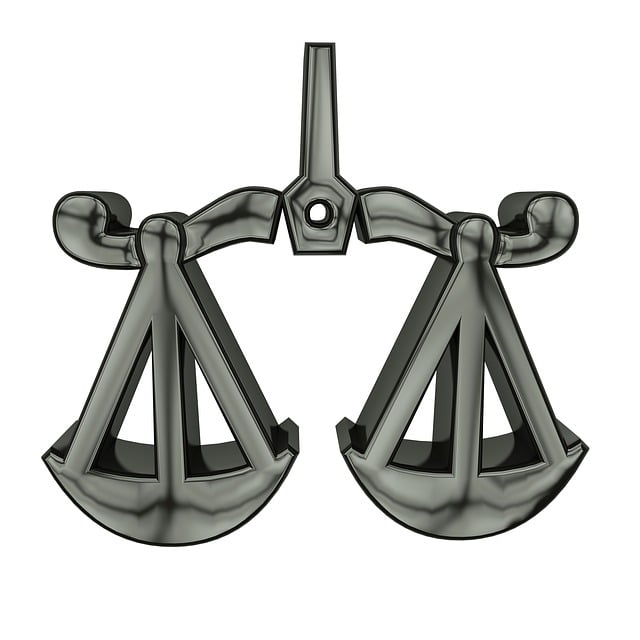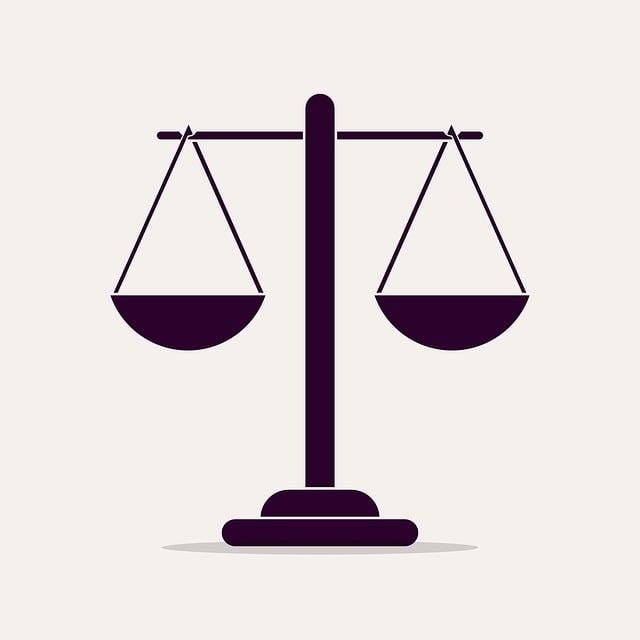Whistleblower Protection Laws are essential for exposing illegal activities, offering defenses and civil liability protection against retaliation. Specialized lawyers guide whistleblowers through complex processes, leveraging Sentencing Guidelines for White Collar Crime to secure favorable outcomes with reduced penalties or settlements. Understanding these guidelines empowers individuals facing economic offense charges to make informed decisions.
“Whistleblower protection lawsuits play a pivotal role in upholding integrity within organizations, especially in the context of white-collar crime. This article delves into the intricacies of these legal actions, offering insights on understanding whistleblower protection laws and successful litigation strategies. Furthermore, we explore crucial sentencing guidelines specifically tailored to white-collar crimes, shedding light on the consequences and deterrence these laws provide.”
- Understanding Whistleblower Protection Laws
- Strategies for Filing Successful Lawsuits
- Sentencing Guidelines: White Collar Crime Context
Understanding Whistleblower Protection Laws

Whistleblower Protection Laws are a crucial set of regulations designed to safeguard individuals who expose illegal or unethical activities within organizations, known as whistleblowers. These laws are essential in fostering a culture of accountability and transparency, especially in the corporate world. The primary goal is to incentivize employees to report wrongdoings without fear of retaliation, ensuring they receive legal protection and support. Understanding these sentencing guidelines for white-collar crime is key to navigating such legal landscapes.
Whistleblower Protection Laws vary across jurisdictions but generally offer a range of defenses and remedies. They may include non-retaliation provisions, ensuring employees can report violations without facing adverse employment actions. Additionally, these laws often provide protections against civil liability for whistleblowers, shielding them from lawsuits related to their disclosures. With an unprecedented track record of winning challenging defense verdicts in white-collar and economic crimes cases, legal professionals specializing in this field play a vital role in guiding whistleblowers through the complex process, ensuring they receive fair treatment and protection under these laws.
Strategies for Filing Successful Lawsuits

When navigating whistleblower protection lawsuits, a strategic approach is paramount to achieving successful outcomes. One key aspect involves understanding and leveraging sentencing guidelines for white-collar crime. These guidelines, often more lenient for whistleblowers compared to traditional criminal defendants, can be a powerful tool in negotiations and legal proceedings. By presenting a compelling case that aligns with the criteria set by these guidelines, plaintiffs can enhance their chances of obtaining favorable settlements or reduced penalties.
Additionally, attorneys representing whistleblowers should focus on building robust cases that not only meet the legal standards but also resonate with juries and judges. This includes meticulous document collection, expert witness testimony, and clear demonstrations of how the whistleblower’s actions led to significant outcomes, such as recovered assets or prevented harm. Such approaches, tailored for both corporate and individual clients, are essential in high-stakes cases where achieving extraordinary results is paramount.
Sentencing Guidelines: White Collar Crime Context

The sentencing guidelines for white-collar crime play a crucial role in balancing justice and proportionate punishment. In the context of economic crimes, these guidelines are meticulously designed to address unique complexities and the potential impact on both individuals and respective businesses. Courts consider various factors, such as the nature of the offense, financial gains or losses, and any mitigation or aggravating circumstances, when determining sentences for white-collar offenders.
For his clients facing such charges, understanding these sentencing guidelines is vital. It allows them to navigate the legal process with informed decisions, potentially mitigating the consequences of their actions. The focus on proportionality ensures that penalties are suited to the severity of economic crimes, promoting a fair and effective justice system.
Whistleblower protection lawsuits play a crucial role in holding accountable those who engage in white-collar crime. By understanding the relevant laws, employing effective strategies, and navigating the sentencing guidelines specific to white-collar offenses, individuals can uphold justice and ensure that wrongdoers face consequences. This comprehensive approach, backed by strong legal frameworks, fosters transparency and integrity within organizations and society as a whole.






